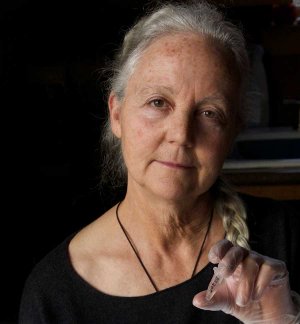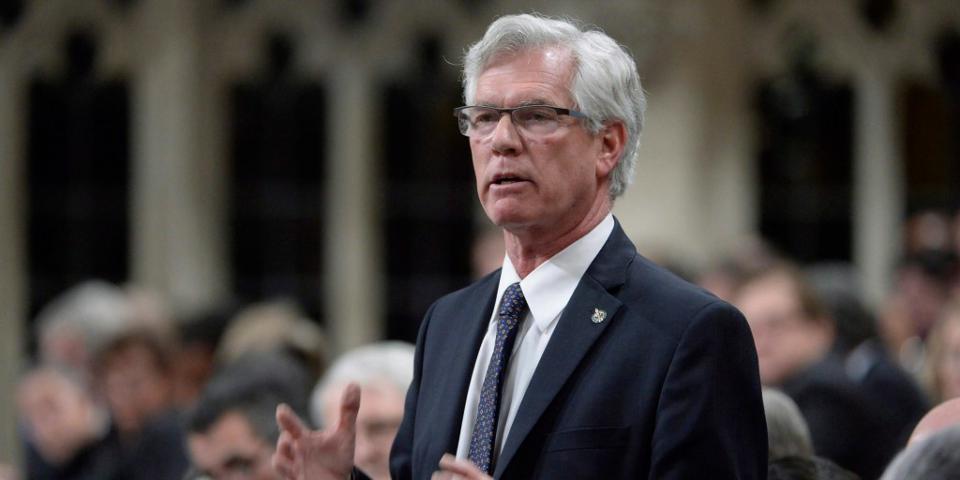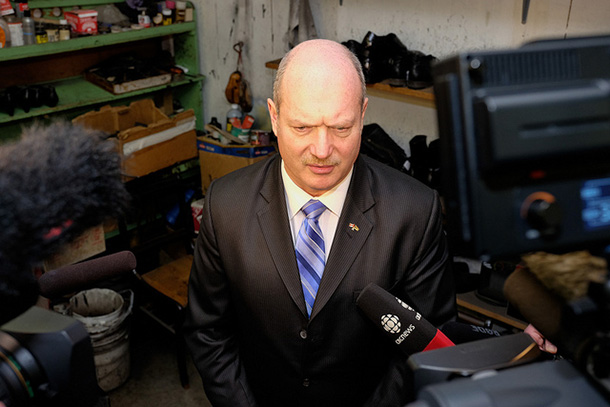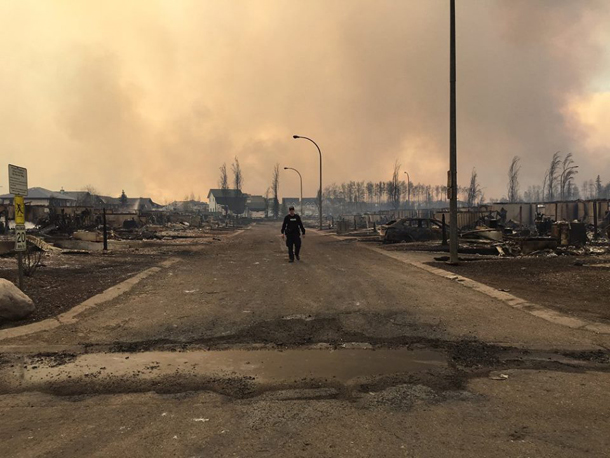A curious thing about H. sapiens is that we are clever enough to document — in exquisite detail — various trends that portend the collapse of modern civilization, yet not nearly smart enough to extricate ourselves from our self-induced predicament.
This was underscored once again in October when scientists reported that flying insect populations in Germany have declined by an alarming 75 per cent in the past three decades accompanied, in the past dozen years, by a 15 per cent drop in bird populations. Trends are similar in other parts of Europe where data are available. Even in Canada, everything from casual windshield “surveys” to formal scientific assessments show a drop in insect numbers. Meanwhile, domestic populations of many insect-eating birds are in freefall. Ontario has lost half its whip-poor-wills in the past 20 years; across the nation, such species as nighthawks, swallows, martins and fly-catchers are down by up to 75 per cent; Greater Vancouver’s barn and bank swallows have plummeted by 98 per cent since 1970. Heard much about these things in the mainstream news?
Too bad. Biodiversity loss may turn out to be the sleeper issue of the century. It is caused by many individual but interacting factors — habitat loss, climate change, intensive pesticide use and various forms of industrial pollution, for example, suppress both insect and bird populations. But the overall driver is what an ecologist might call the “competitive displacement” of non-human life by the inexorable growth of the human enterprise.
On a finite planet where millions of species share the same space and depend on the same finite products of photosynthesis, the continuous expansion of one species necessarily drives the contraction and extinction of others.
…click on the above link to read the rest of the article…





 Alexandra Morton: DFO ignoring law, putting salmon farmers ahead of wild stocks.
Alexandra Morton: DFO ignoring law, putting salmon farmers ahead of wild stocks.











